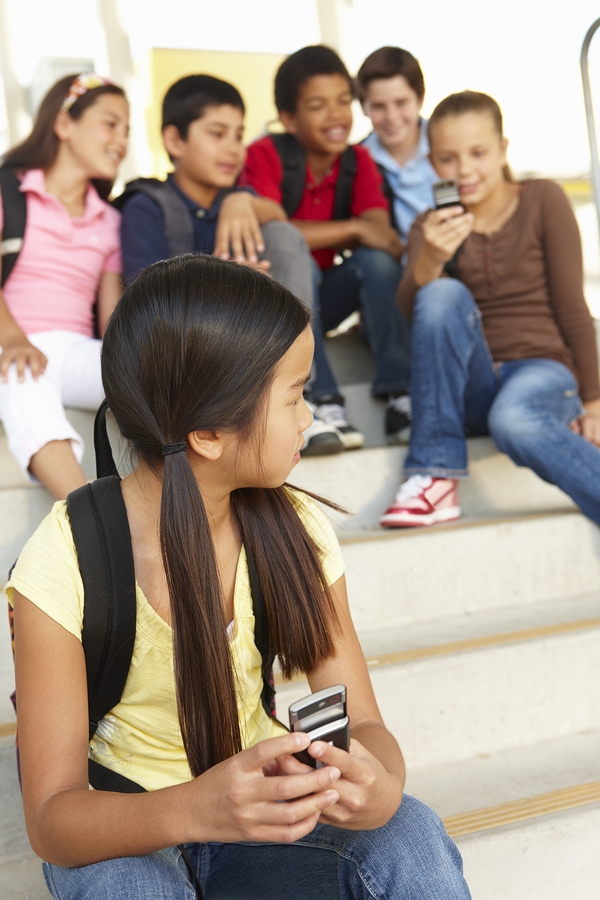
This February our NCADA liaison Debra Townsend visited with students weekly. NCADA recognizes that fostering positive social skills in students supports children's resiliency as they grow older and are faced with the challenges of adolescence. The curriculum builds upon itself as students move through grade levels at Hudson.
NCADA programs:
- Build resiliency skills in youth, kindergarten thru college;
- Create better learners and more cooperative students;
- Develop skills to refuse peer pressure, build healthy friendships, and make low-risk choices.
First Grade: Caring 4 Classmates
This four-lesson unit helps young children develop social competency skills: self-respect, sharing, and reaching out to friends.
Second Grade: Friendship Rules
This four-lesson unit introduces children to four friendship rules: 1) Friends laugh and play together, 2) Friends Include others, 3) Friends give others a chance, and 4) It’s okay for friends to be different.
Third Grade: Building You, Building Me
This four-lesson unit explores social competency by focusing on language and behaviors that can either build or wreck friendships.
Fourth Grade: Taking Charge of Me
This four-lesson unit promotes important ways to be in charge of yourself: recognizing and respecting the uniqueness of self and others; setting goals for yourself; and taking responsibility for your actions.
Fifth Grade: Standing Up For Me
This four-lesson unit develops skills in managing conflict and anger effectively and solving problems peacefully.




